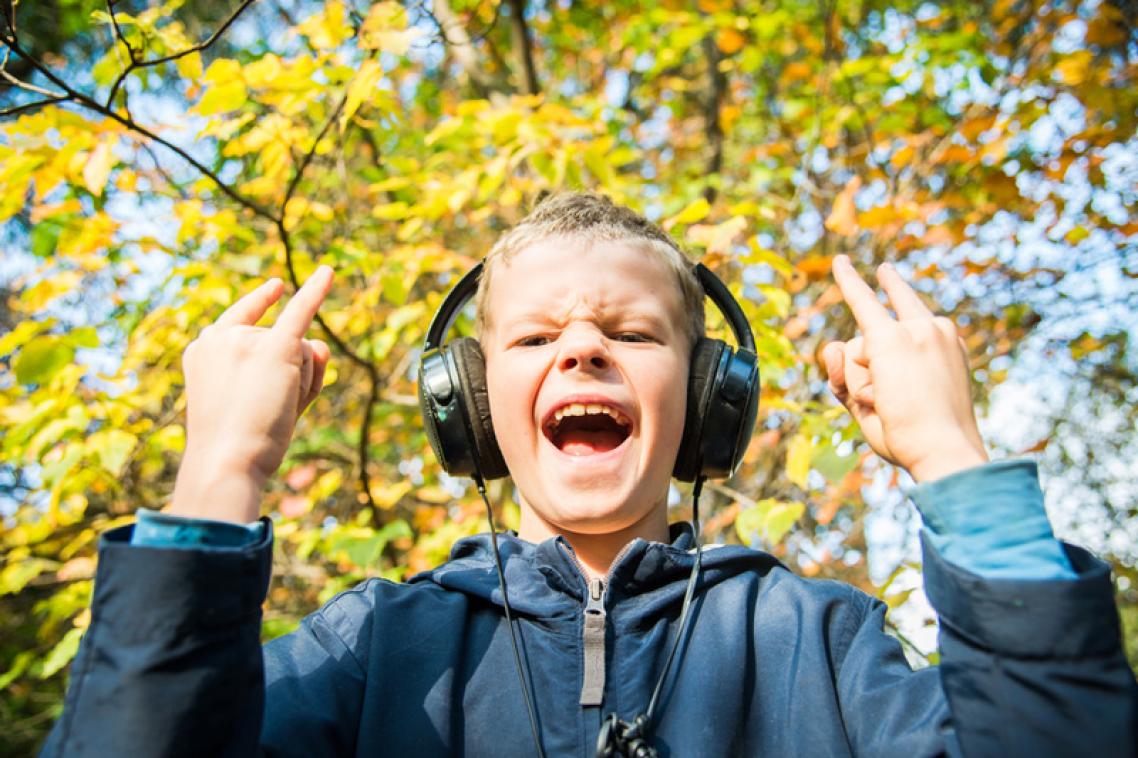Head-banging tunes can have same effect as a warm hug

Extreme music – such as heavy metal – can positively influence those experiencing anger, a study by The University of Queensland has revealed.
In contrast to previous studies linking loud and chaotic music to aggression and delinquency, research by UQ’s School of Psychology honours student Leah Sharman and Dr Genevieve Dingle showed listeners mostly became inspired and calmed.
“We found the music regulated sadness and enhanced positive emotions,” Ms Sharman said.
“When experiencing anger, extreme music fans liked to listen to music that could match their anger.
“The music helped them explore the full gamut of emotion they felt, but also left them feeling more active and inspired.
“Results showed levels of hostility, irritability and stress decreased after music was introduced, and the most significant change reported was the level of inspiration they felt.”
The study was published in Frontiers in Human Neuroscience and involved 39 regular listeners of extreme music, aged 18-34 years.
Participants were monitored during a baseline period, after a 16-minute “anger induction”.
Participants then spent 10 minutes listening to songs of their choice and 10 minutes of silence, and were monitored once more.
The “anger induction” involved the interviewees describing angering events in their life, with prompts around relationships, employment and finances.
While the majority (74 per cent) of participants were Australian-born, the remainder were born in locations as diverse as Oman, Sweden, Indonesia, South Africa, New Caledonia, New Zealand and the USA.
“A secondary aim for the study was to see what music angry participants would select from their playlist,” Ms Sharman said.
“It was interesting that half of the chosen songs contained themes of anger or aggression, with the remainder containing themes like – though not limited to - isolation and sadness.
“Yet participants reported they used music to enhance their happiness, immerse themselves in feelings of love and enhance their well-being.
“All of the responses indicated that extreme music listeners appear to use their choice of music for positive self-regulatory purposes.”
Related articles

Should you consent to your doctor using an AI scribe? Here’s what you should know.

How a drone delivering medicine might just save your life
Media contact
UQ Communications
communications@uq.edu.au
+61 429 056 139
